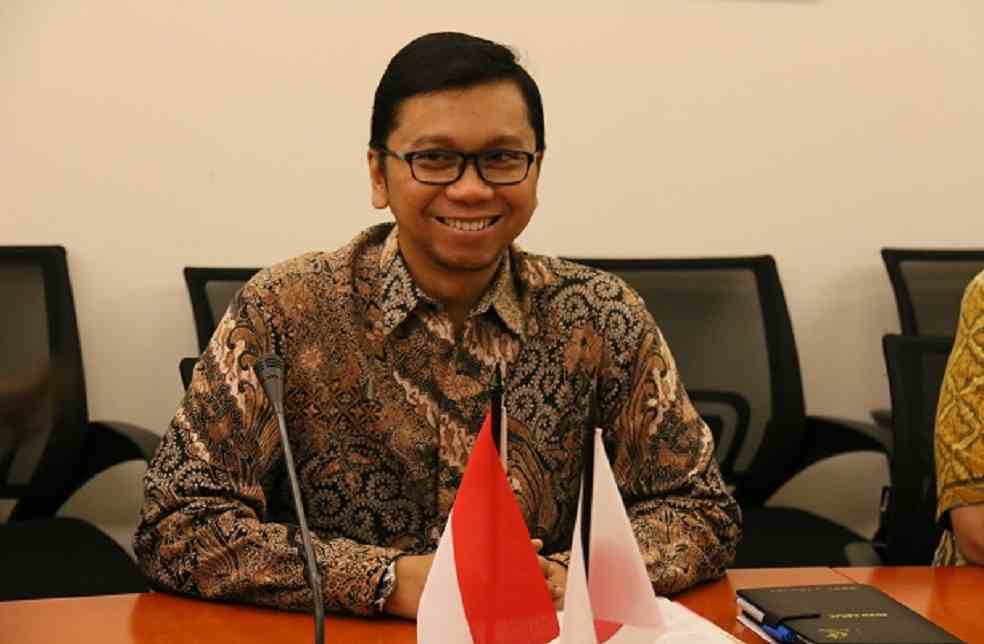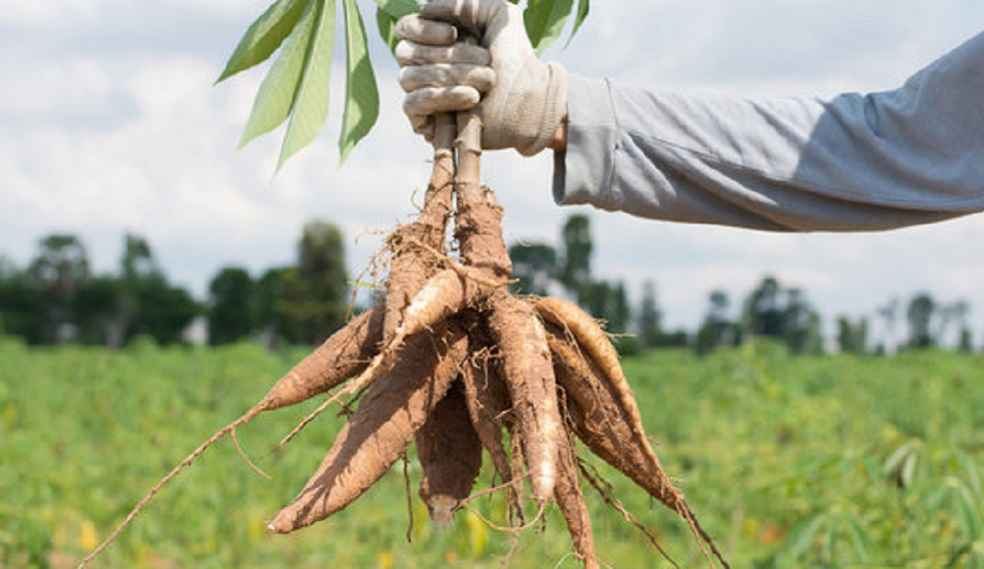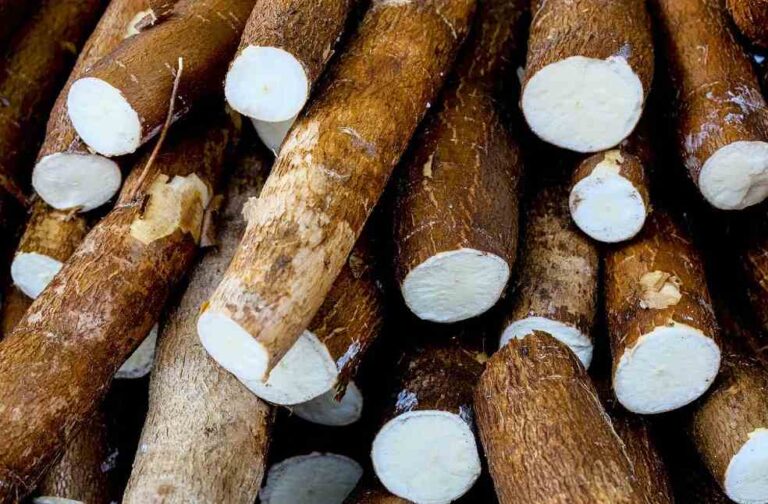Indonesia and the United Kingdom (UK) have laid the foundation for a transformative partnership in the agricultural sector, focusing on the cassava trade. This concession schedule agreement, forged during the Senior Official Meeting (SOM) of the World Trade Organization (WTO), emerges as a beacon of new opportunities in the post-Brexit era, crafting a dedicated Tariff Rate Quota (TRQ) for Indonesian cassava products.
Djatmiko Bris Witjaksono, General of Indonesian International Trade Agreements Negotiation, alongside Joanna Crellin, the UK’s Trade System Director-General, formalized the agreement. Their signatures marked the onset of a promising era, where Indonesia is set to export up to 660,000 tonnes of cassava to the UK each year at a competitive 6 percent tariff.
This milestone in agricultural diplomacy springs from the uncertainties of post-Brexit transitions, casting a spotlight on the TRQ (Tariff Rate Quota) meticulously designed for Indonesia’s cassava products. A remarkable feature of this agreement is the country-specific orientation of the TRQ, ensuring an exclusive advantage for Indonesian exports.

Traditional tariffs have been redefined, veering away from the regular most favored nation charges, hence paving the way for a more accessible and lucrative market for Indonesia’s cassava in the UK.
The cumulative trade value between the two nations hit $2.7 billion in 2021. A flourishing trajectory was also observed in the agricultural trade sector between Indonesia and the UK from 2021 to 2022, witnessing a remarkable ascent of 10.59 percent.
Analyzing historical data unveils that the UK’s average cassava demand lingers around 4,268 tonnes annually. Indonesia’s contributions to fulfilling this need have previously been modest, holding a minuscule market share. With the blossoming of this new agreement, a paradigm shift is anticipated, projecting a robust enhancement in Indonesia’s cassava market penetration in the UK.

Indonesia’s global cassava export landscape showcases resilience and expansion, exporting 27,000 tonnes globally from 2018 to 2022, translating to a substantial value of $19.2 million. Despite the UK absorbing a relatively smaller portion of these exports, there’s a noteworthy upsurge in the export values over the years, projecting a positive momentum.
In 2021, Indonesia achieved a milestone by exporting cassava valued at $20.7 million, securing its position as the world’s 14th largest cassava exporter. The predominant markets for Indonesia’s cassava exports included Thailand, receiving $4.67 million, followed by Japan at $4.28 million, Malaysia with $3.46 million, China at $2.19 million, and Singapore, where exports were valued at $2.16 million.

This accord inspires optimism, encouraging Indonesian farmers to bolster their cassava production. A horizon filled with opportunities unfurls, invigorating the competitiveness and market presence of cassava as a significant export contender in the blossoming agricultural areas of the UK.
The agreement emerges as a monument of progress and synergy, embodying a vision that transcends traditional trading barriers, fostering a realm of enhanced collaboration and sustainable growth within the Indonesia-UK agricultural trade ecosystem.
BUSINESS GENERAL | China’s Economic Landscape: Effect on Global Trade Dynamics



